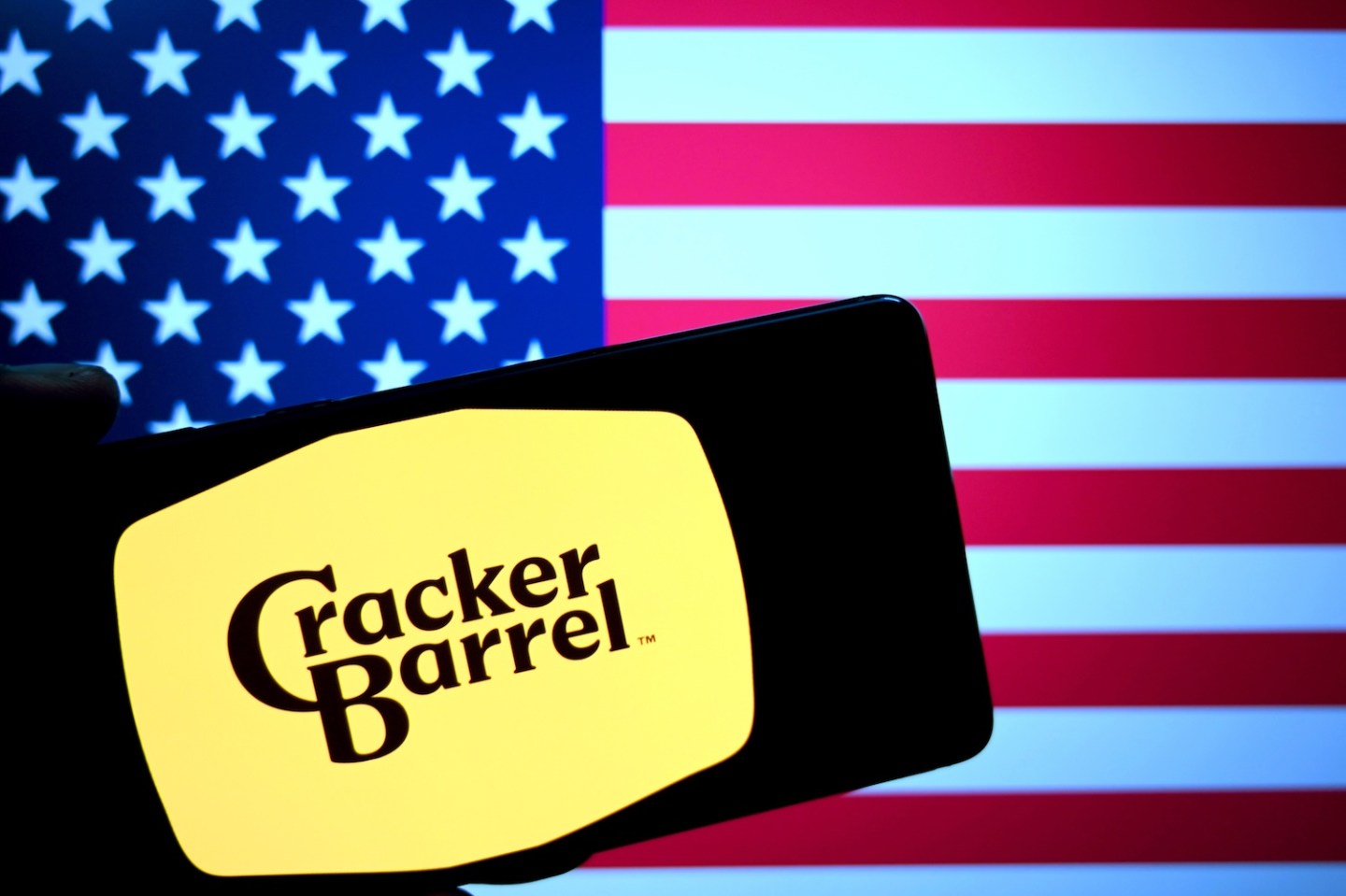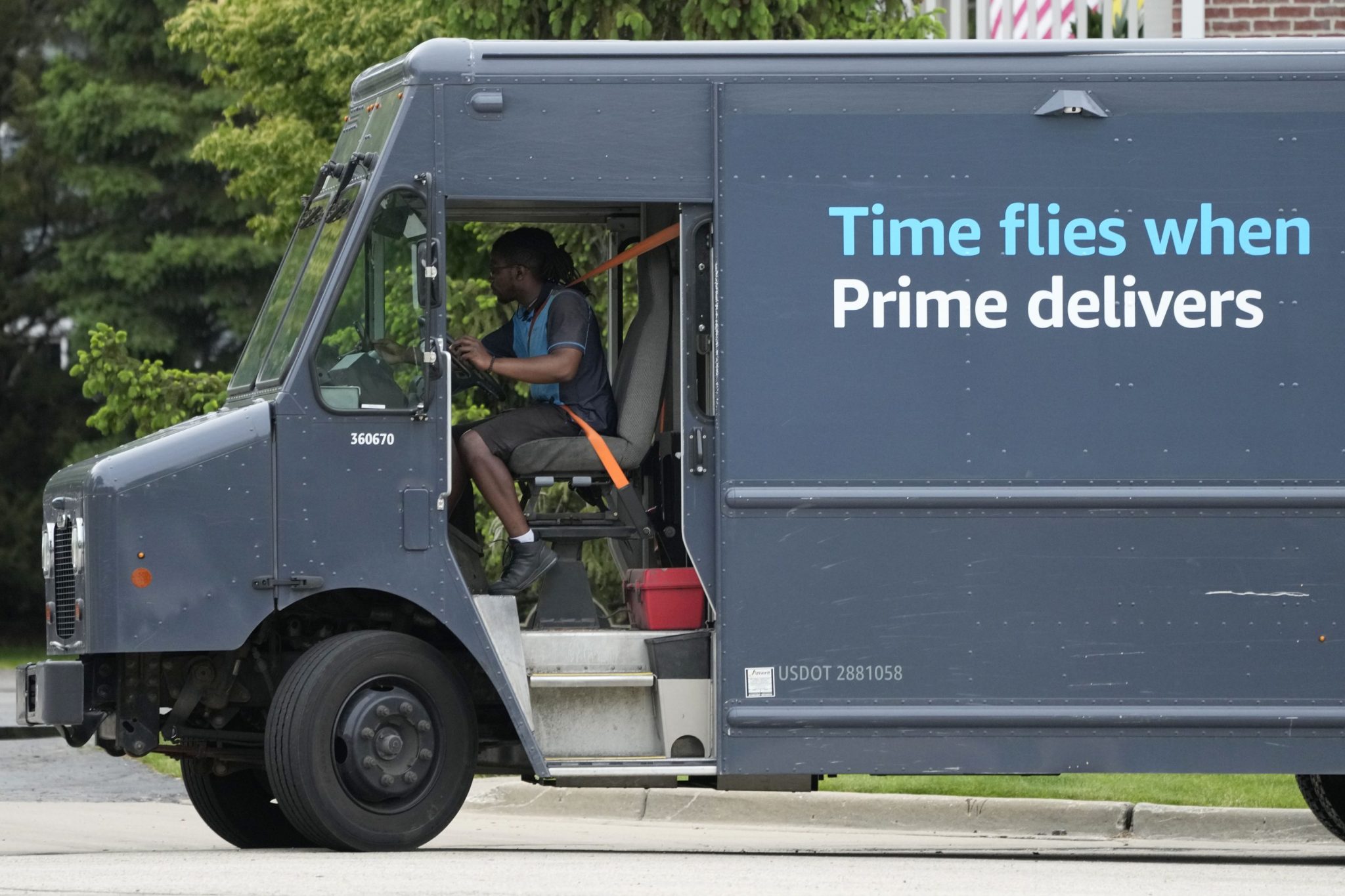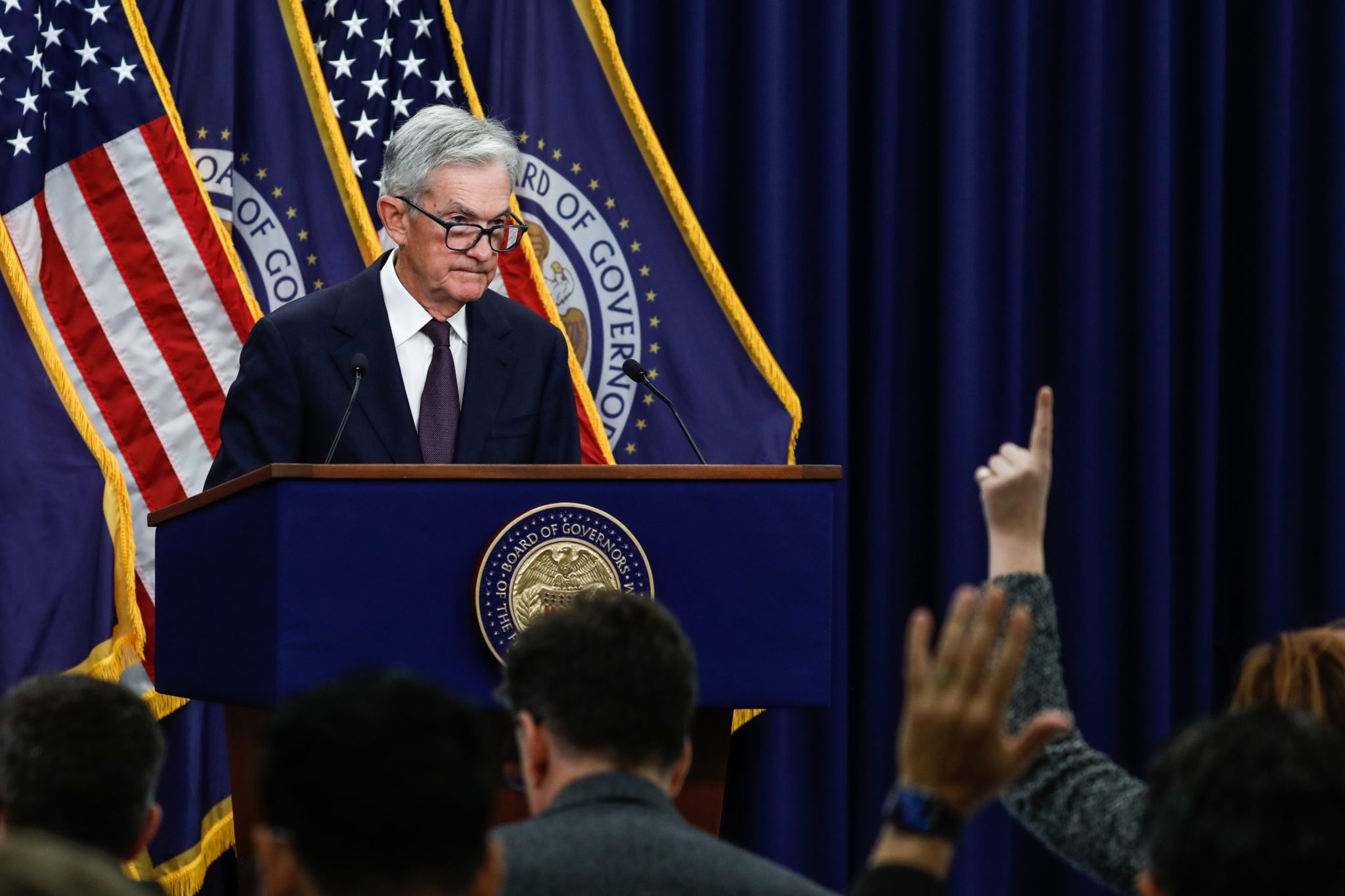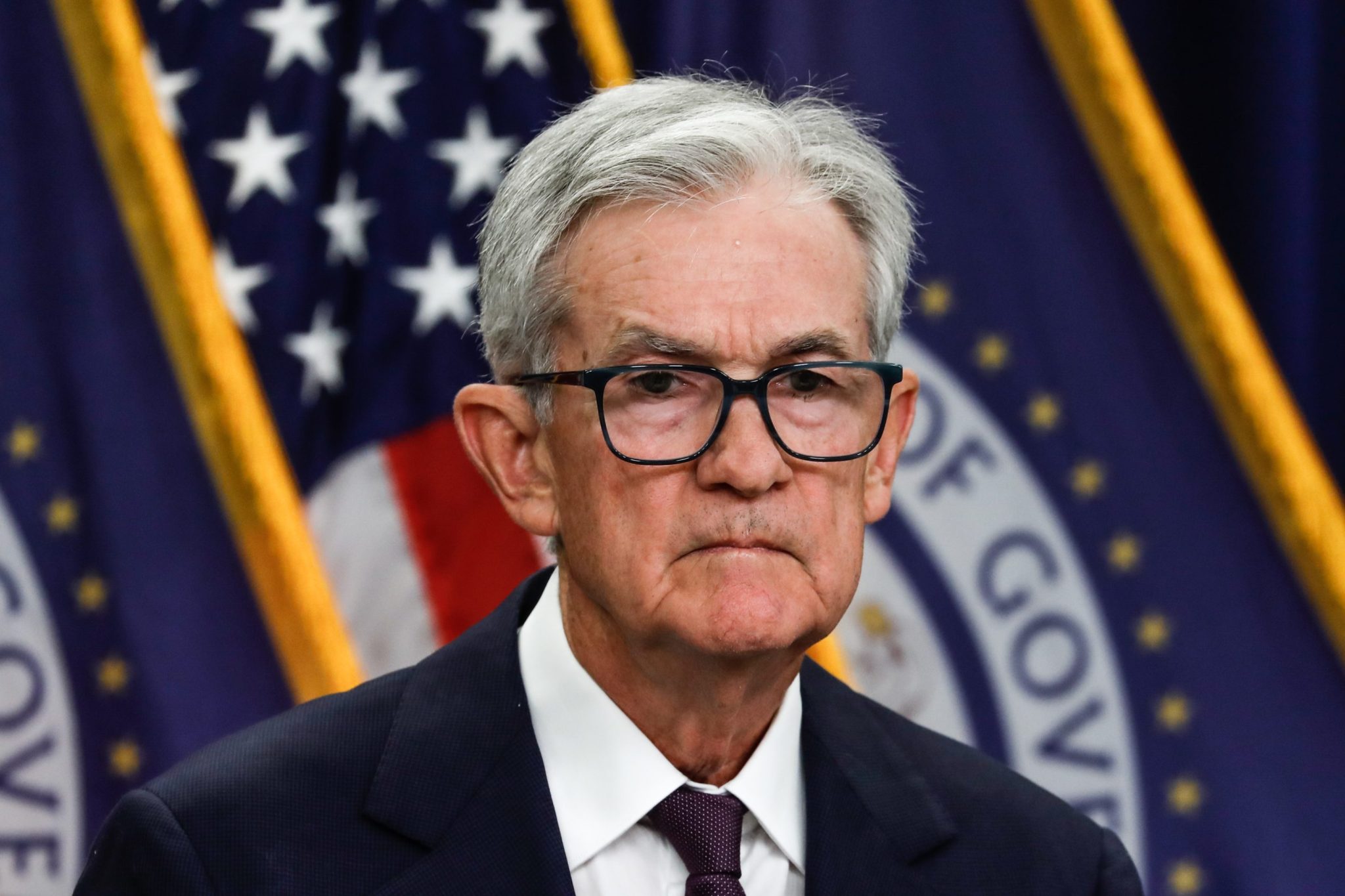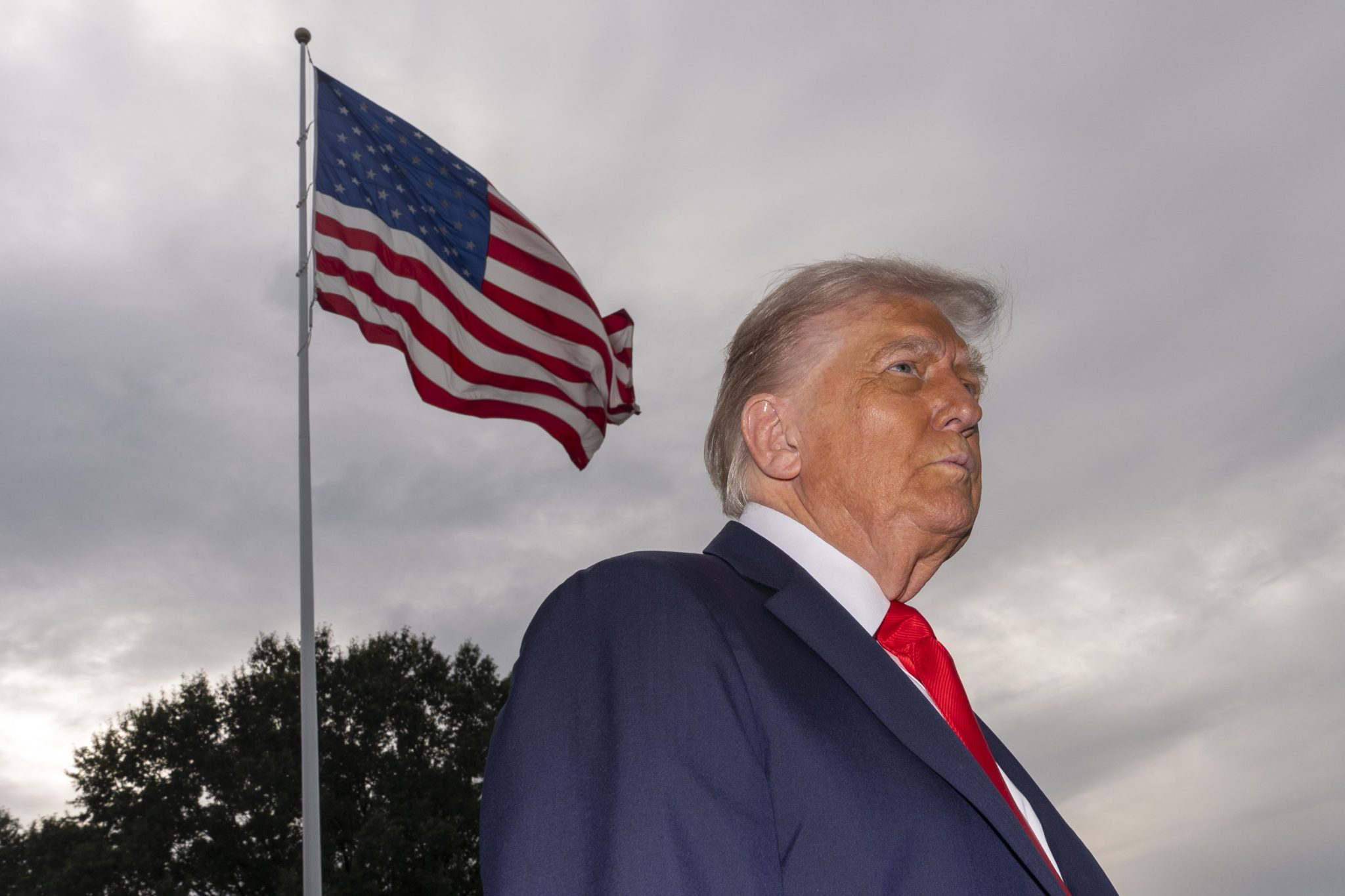
JetBlue Airways and Spirit Airlines are ending their proposed $3.8 billion merger weeks after a federal judge blocked the deal, saying it would hurt consumers who depend on Spirit’s lower fares.
JetBlue said Monday that even though both companies still believe in the deal, they were unlikely to meet the closing conditions required in the agreement before a July 24 deadline.
JetBlue’s new CEO, Joanna Geraghty, called the merger “a bold and courageous plan intended to shake up the industry status quo” and speed JetBlue’s growth.
“However, with the ruling from the federal court and the Department of Justice’s continued opposition, the probability of getting the green light to move forward with the merger anytime soon is extremely low,” Geraghty said in a memo to employees of New York airline. She said uncertainty over the merger’s fate was distracting the airline from its effort to return to profitability.
Spirit CEO Ted Christie said he was disappointed that the airlines could not combine and create a new challenger to the nation’s four biggest airlines but said he is confident that Spirit — which has been losing money since the pandemic started — can succeed on its own.
The Justice Department sued to block the merger last year, saying it would reduce competition and drive up fares, especially for travelers who depend on low-fare Spirit.
In January, a federal district judge in Boston sided with the government and blocked the deal, saying it violated antitrust law.
On Monday, the Justice Department took a victory lap.
“Today’s decision by JetBlue is yet another victory for the Justice Department’s work on behalf of American consumers,” Attorney General Merrick Garland said in a statement. “The Justice Department proved in court that a merger between JetBlue and Spirit would have caused tens of millions of travelers to face higher fares and fewer choices. We will continue to vigorously enforce the nation’s antitrust laws.”
The airlines had appealed the ruling, and a hearing had been set for June in the 1st U.S. Circuit Court of Appeals in Boston.
The Biden administration’s Justice Department, which has fought against consolidation in several industries, previously killed a partnership between JetBlue and American Airlines on flights in New York and Boston.
The collapse of the sale to JetBlue could leave Spirit in a precarious position, facing looming debt payments while a portion of its planes are grounded by engine problems.
Unlike bigger airlines that attract more upscale passengers — and now offer their own bare-bones fares to compete with budget carriers — Spirit has not recovered from the pandemic. It lost $447 million last year and $1.9 billion since the start of 2020.
A JPMorgan Chase analyst said in January that he couldn’t see a viable path for Spirit on its own to return to profitability any time soon.
JetBlue has also been losing money — $2.2 billion since 2020. But JetBlue’s revenue is about 80% higher than Spirit’s, giving it more of a cushion against a losing streak. Activist investor Carl Icahn bought nearly 10% of JetBlue stock last month and won two seats on the airline’s board.
Spirit announced a $2.2 billion merger with Frontier Airlines in early 2022. That deal would have combined two similar carriers that charge lower fares than the big airlines but add on fees that generate a large chunk of their revenue.
JetBlue, which more closely resembles the giant airlines in its business model, jumped into the fray against the wishes of Spirit’s management, which warned that it would be difficult to win regulatory approval for a deal that eliminated the nation’s biggest low-fare carrier. JetBlue went over the heads of Spirit’s board, directly to Spirit’s shareholders, and won a bidding war against Frontier a few months later.
By the time the JetBlue purchase wound up in court, there were continuing losses and other problems at Spirit, which is based in Miramar, Florida. Some analysts questioned whether the deal still made financial sense for JetBlue.
In late January, after the court ruling in favor of the Justice Department, JetBlue warned Spirit that it might terminate the agreement. JetBlue will pay Spirit a $69 million breakup fee.
Some consumer advocates hailed the death of the deal. They had opposed JetBlue’s plan to eliminate Spirit’s low-cost model.
“Even if consumers don’t fly on low-cost carriers like Spirit, they help to keep fares lower by putting pressure on the legacy carriers,” said Katy Nastro of the travel site Going. “Cheap flight lovers across the board can breathe a bit easier.”
The end of the deal raises questions about whether Alaska Airlines can pull off its proposed purchase of Hawaiian Airlines for $1 billion plus the assumption of about $900 million in debt. The Justice Department has not indicated whether it will sue to block that agreement. Neither of those airlines is a discount carrier like Spirit and Frontier.
“Winning a complex, uncertain case like this has to leave (the Justice Department) feeling energized, and it definitely sent a message to the industry,” said John Newman, a University of Miami law professor and former trial lawyer for the Justice Department’s antitrust division. Each case is different, he said, “but they will definitely take a hard look” at the Alaska-Hawaiian deal.
Shares of Spirit Airlines Inc. closed down 11% and have fallen more than 60% since U.S. District Judge William Young’s ruling against the merger on Jan. 16. Shares of JetBlue Airways Corp. rose 4%.
Credit: Source link


